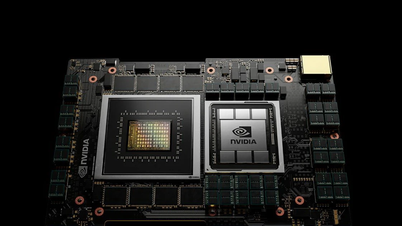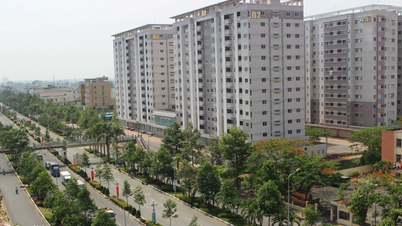Accordingly, the Cyberspace Administration of China (CAC) said that facial recognition technology should only be used in truly necessary and specific cases with strict monitoring measures.
The use of this technology will also require individual consent. In addition, authorities will favor non-biometric identification solutions where there is no significant difference in effectiveness.

Biometric identification, especially facial recognition, has become popular in China. In 2020, local media reported that facial recognition was used to activate toilet paper dispensers in public restrooms, which raised concerns among both the public and regulators at the time.
The CAC's draft rules say that personal identification and photography devices should not be installed in hotel rooms, public bathrooms, changing rooms, toilets and other places that may infringe on the privacy of others.
The regulator added that photographic devices should only be installed in public places for public safety purposes and have prominent warning signs next to them.
The draft rules come as Beijing is trying to tighten data regulation by issuing a series of legal documents.
Notably, in 2021, China introduced its first user privacy law, called the “Personal Information Protection Law,” to curb companies’ misuse of customer data.
(According to Reuters)
Source


![[Photo] President Luong Cuong attends the inauguration of the international container port in Hai Phong](https://vphoto.vietnam.vn/thumb/1200x675/vietnam/resource/IMAGE/2025/5/13/9544c01a03e241fdadb6f9708e1c0b65)
![[Photo] Prime Minister Pham Minh Chinh receives Ambassador of the French Republic to Vietnam Olivier Brochet](https://vphoto.vietnam.vn/thumb/1200x675/vietnam/resource/IMAGE/2025/5/13/f5441496fa4a456abf47c8c747d2fe92)
![[Photo] President Luong Cuong awarded the title "Heroic City" to Hai Phong city](https://vphoto.vietnam.vn/thumb/1200x675/vietnam/resource/IMAGE/2025/5/13/d1921aa358994c0f97435a490b3d5065)

![[Photo] Many people in Hanoi welcome Buddha's relics to Quan Su Pagoda](https://vphoto.vietnam.vn/thumb/1200x675/vietnam/resource/IMAGE/2025/5/13/3e93a7303e1d4d98b6a65e64be57e870)






























































































Comment (0)